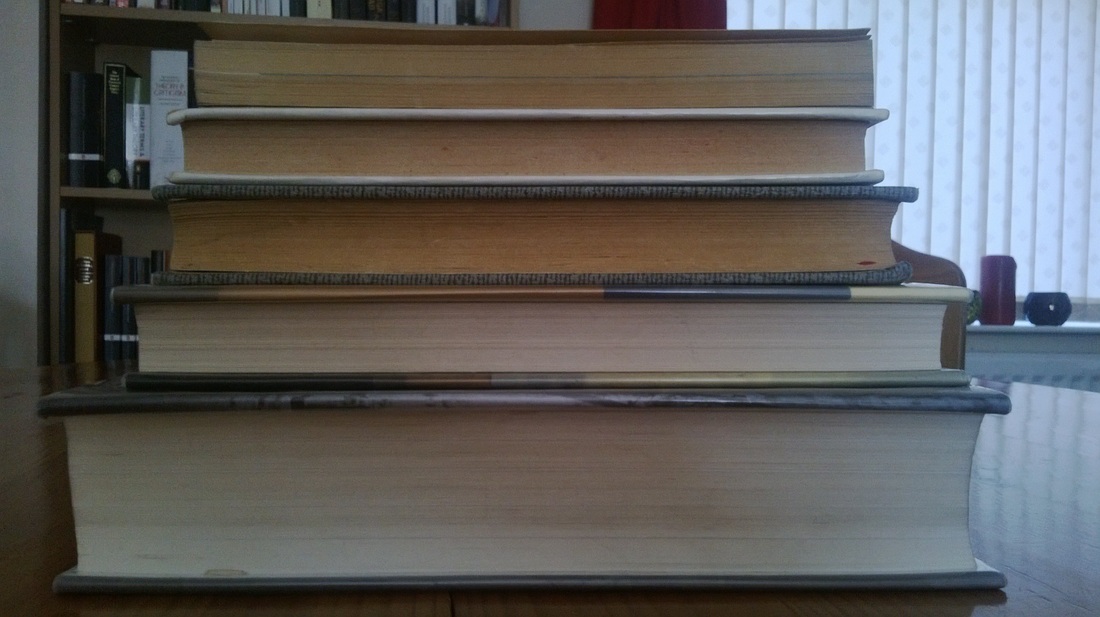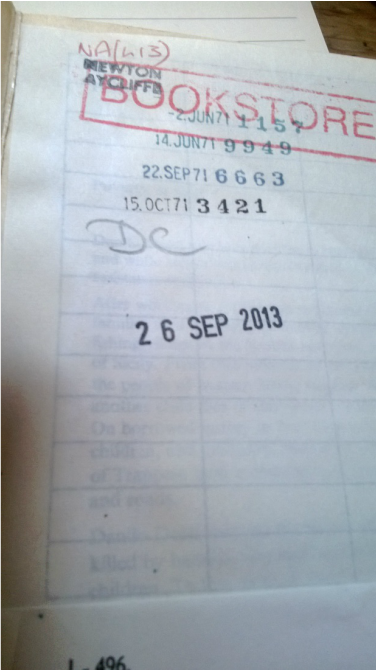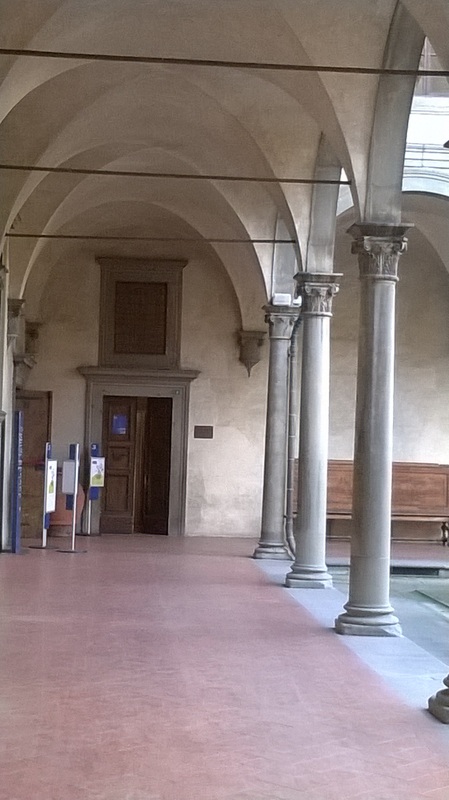Researching a book is an absorbing process. There's something quite magical about beginning the early reading and thinking before your ideas are quite solidified. The process becomes detective work, a matter of doggedly following lines of enquiry and areas of obsession until patterns begin to emerge. An intriguing fact or a moving detail from the past can be the spark that illuminates an entire story. Unrelated topics, when you pursue them, can end up converging in surprising shapes. And during this process, the book seems to take form visibly as you work. Research is hard work, but if you are attentive to the real world and its infinite stories, that world ends up doing a lot of the work for you. It's a bit like shining a torch in a dark room, steadily, bit by bit, until a shape emerges and the book feels more like something found than something created.
But here's what I've actually been doing...
Reading
Visiting libraries
But sometimes you need to do more immediate research, or the books you need are so old that they aren't really books, more like original documents - if you need to consult these books, you have to go to them. Which leads to...
Visiting places
What emerges from all this, though, is that there are many ways to research - it's the research itself that's the thing. Writers, as creative professionals mostly with lower-than-average incomes, are used to working daily to financial and logistical limitations, and there are usually ways of working things out. Stef Penney famously suffered from agoraphobia and wrote The Tenderness of Wolves without ever visiting Canada, and was praised for evoking the place very powerfully. On the other hand, there are writers who travel much further than average in the service of research. Elizabeth Gilbert is a prime example - for her recent novel The Signature of All Things she visited all kinds of settings for research, alongside her meticulous reading and study, and as a result, from the early reviews I've read, has crafted a wonderfully intricate story out of the detailed material she gathered.
I think the key with research is actually just that: the detail. Both Penney and Gilbert, in different ways, were actually doing the same thing, using the resources available to them in order to get at the heart of certain truths - about places, about people, about times, and most importantly of all about ideas. It would be possible to read a thousand books about Canada, and then write lifelessly about it. It would be possible to travel around the world and describe the places superficially, as though you hadn't really been there at all. Research - like all writing - becomes about perseverance, going to the depths of the subjects you are writing about, in order to make what you are saying truer and more valuable, not for its own sake. This was where both Penney and Gilbert clearly succeeded in their efforts to capture place and time. And there are all kinds of ways to achieve this.



 RSS Feed
RSS Feed
